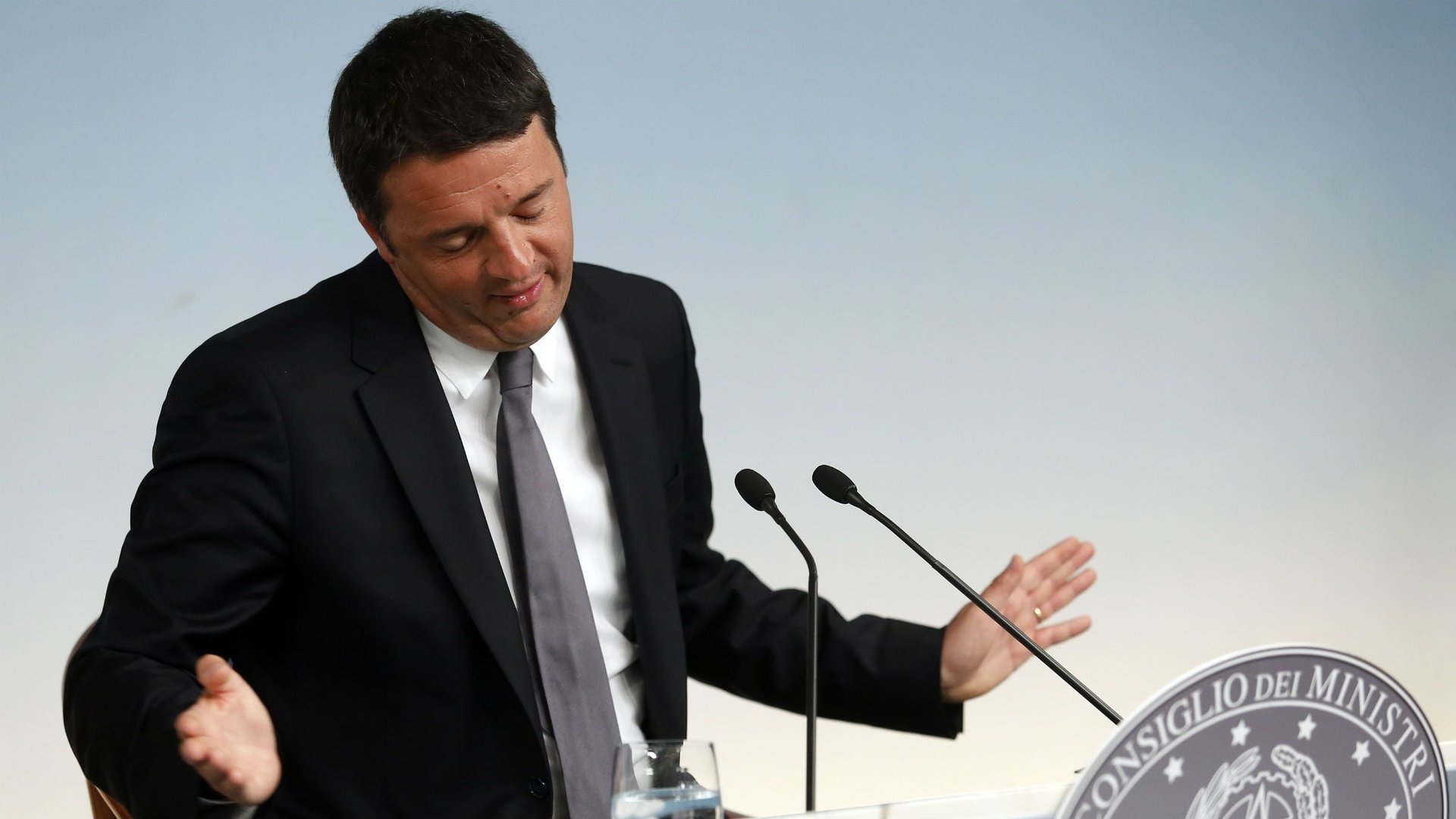A lesson for European leaders from Italy’s prime minister: How to buy votes
European politicians might, we recently suggested, be looking to learn something from Italy’s Matteo Renzi. While far-right and far-left euroskeptics gave many countries’ mainstream parties a drubbing in the recent European Parliament election, Renzi’s Partito Democratico (PD) recorded an unprecedented victory, getting 40.8% of the votes.


European politicians might, we recently suggested, be looking to learn something from Italy’s Matteo Renzi. While far-right and far-left euroskeptics gave many countries’ mainstream parties a drubbing in the recent European Parliament election, Renzi’s Partito Democratico (PD) recorded an unprecedented victory, getting 40.8% of the votes.
But in fact, Renzi’s strategy for getting votes wasn’t all that sophisticated. Basically, he bought them.
When Renzi decided to accept the Italian president’s mandate to form a new government in February, both he and the PD had a lot at stake. Renzi, then mayor of Florence, had not been elected to parliament, and many accused the PD of ignoring the voters’ will and returning to the old ways of Italian politics. Renzi had only a few weeks earlier been elected secretary of the PD with the motto “mai più larghe intese” (“no more broad coalitions”) and had to seek the support of former prime minister Silvio Berlusconi, who is banned from public office due to his conviction for tax fraud.
Since becoming prime minister, Renzi has been campaigning non-stop, relying heavily on hashtags and slogans. A marketing-savvy deck of slides promised “one reform a month,” in everything from labor laws to public administration, and from the education system to academic research. He guaranteed he’d leave if he weren’t successful in driving home the changes. And five months in, Renzi hasn’t actually accomplished much of what he promised (link in Italian), and has pushed back several of his ambitious deadlines.
He did, however, keep one promise: he gave more money to citizens.
Renzi had promised Italians on low salaries (up to €24,000, a year, or about $33,000 a year) would receive a tax bonus, getting an extra €80 in their monthly paycheck from May to December. (People earning up to €26,000 got a smaller bonus.) And on May 18, just a week before the election, Renzi celebrated his accomplishment:
(“The 80 euros are a reality. A kept promise. For me it’s social justice, but also a measure against the [economic] cycle.”)
An estimated 10 million Italian workers have seen their income grow, albeit slightly, and several other might have benefited from the extra money getting in the system. The 40.8% vote that the PD earned in the European election looks like a sign that the people of Italy appreciated the gift.